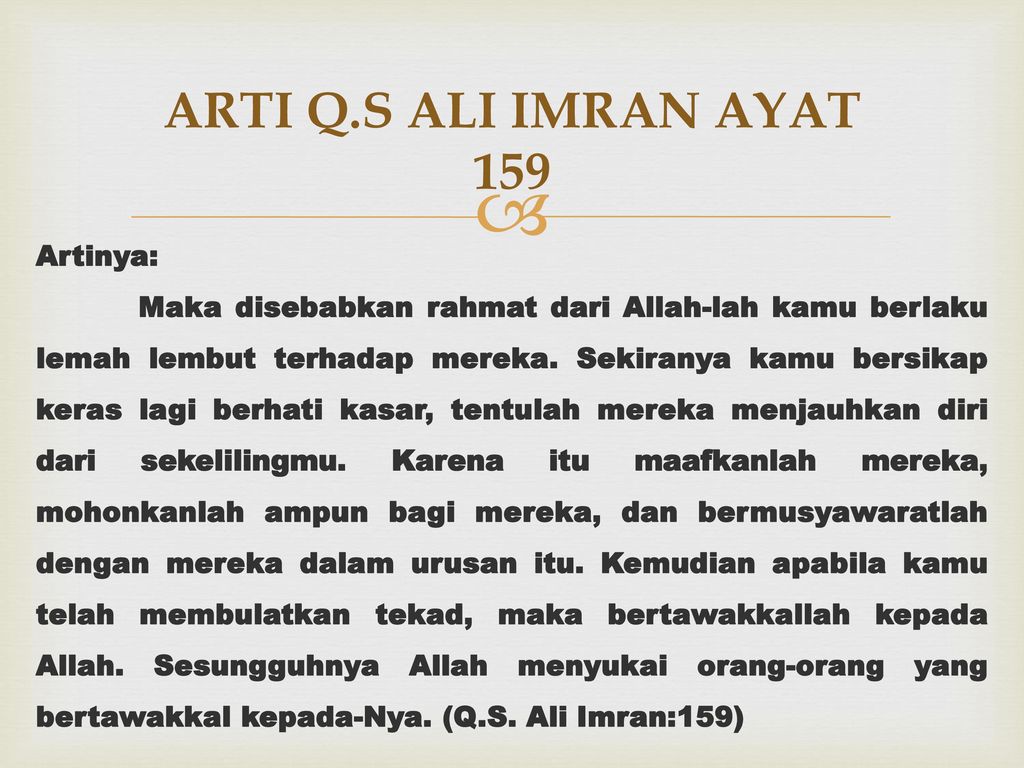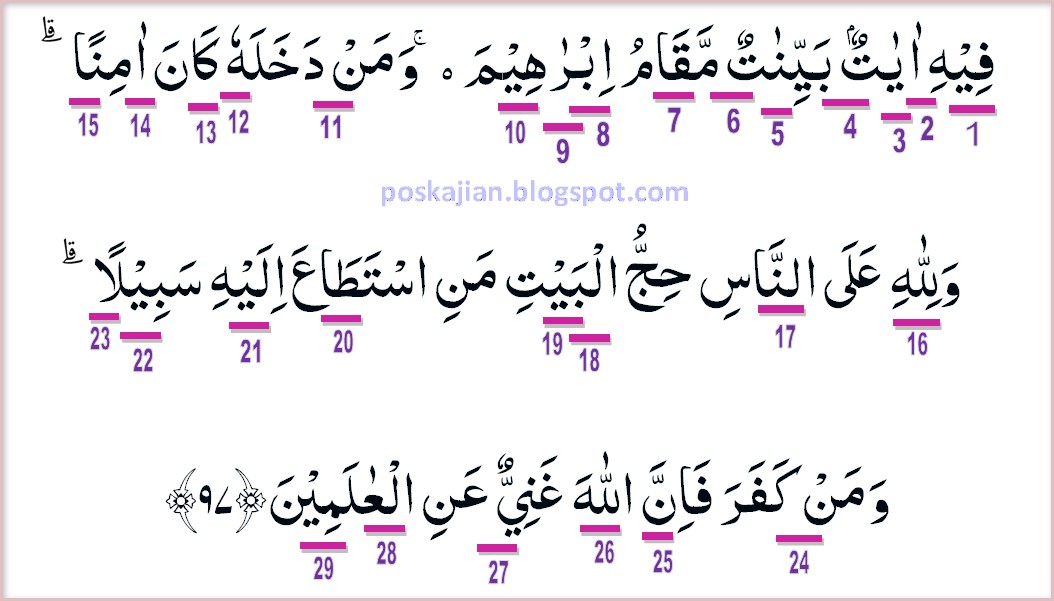

Thematically, "an-Nisā" not only addresses concerns about women, but also discusses inheritance, marriage laws, how to deal with children and orphans, legal practices, jihād, relations between Muslim communities and People of the Book, war, and the role of Jesus as a prophet, rather than the son of God as Christians claimed. Shirk (refer 4:48 and 4:116) is held to be the worst form of disbelief, and it is identified in the Quran as the only sin that God will not pardon. For example, the section of this surah about dealing fairly with orphan girls (4:2-4) addresses the pre-Islamic Arabic practice of marrying orphan girls to take their property. The surah aims to eradicate the earlier practices of pagan, Arab communities that are no longer considered moral in the Muslim society. It illustrates the Quran's role as an authoritative legal source and its ability to shape the community. This Medinan surah aims at protecting the newly formed Muslim community by outlining acceptable behavior for Muslims. 175 The law of inheritance for distant relatives.169-174 Christians reproved for their faith in Jesus as the Son of God and in the doctrine of the Trinity.161-168 Muhammad’s inspiration like that of other prophets.

159- 160 Certain kinds of food forbidden to Jews as punishment.152-154 Presumptuous and disobedient Jews destroyed.144-151 The reward of hypocrisy and belief compared.


54-55 The rewards of faith and unbelief.42 Prayer forbidden to the drunken and polluted.37-41 Hypocrisy in almsgiving condemned.35-36 Parents, orphans, the poor etc to be kindly treated.31-33 Husband’s superiority over woman recognised.28-30 Gaming, rapine, and suicide forbidden.20-27 Forbidden and lawful degrees in marriage.2-5 Orphans, the duty of guardians to such.Surah an-Nisā, is a chapter of the Quran regarding women.


 0 kommentar(er)
0 kommentar(er)
